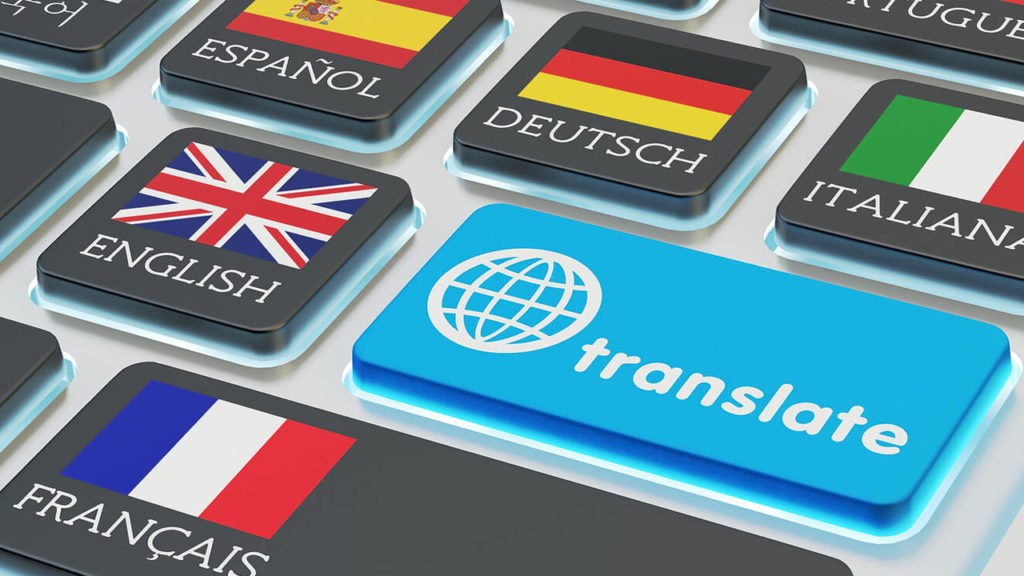When a company wants to grow, international tenders offer valuable opportunities. However, every proposal must be clear and accurate. Absolutely nothing can be left to chance. For this reason, translation for international tenders becomes essential.

Why is this type of translation so important?
First of all, a poorly translated tender could cost you the contract. Besides, many institutions require documents in several languages. Therefore, hiring a professional translator is crucial. Not only must the language be correct, but the format and content must also follow specific rules. Moreover, you need someone who truly understands the context.
What documents are usually part of a tender?
Normally, tenders involve a lot of paperwork. For instance:
- Administrative and technical documents
- Official records and certificates
- Financial statements and reports
- Contracts and legal annexes
- Specific forms and declarations
Every document needs accurate translation. Furthermore, the original structure must be respected. This helps everyone involved follow the process clearly and confidently.
Who should handle the translation?
Ideally, you should hire a professional with solid experience. Just knowing two languages is not enough. A translator needs deep knowledge of legal, technical, and administrative terminology. That’s why sworn or specialized translators are the best choice. Also, they should work with CAT tools to ensure consistency and quality. This way, the final translation meets high standards.
What can go wrong with a bad translation?
A poor translation brings several risks. For example:
- Disqualification from the tender
- Legal misinterpretations
- Confusion among stakeholders
- Damage to your professional reputation
- Complaints and legal issues later on
So, investing in a professional translation is the smartest decision. It avoids future problems and builds trust from the start.
Benefits of quality translation for tenders
When you work with experts, you enjoy real advantages. For example:
- Full compliance with requirements
- A professional and serious image
- Clear and structured documents
- Higher chances of winning
- Legal security throughout the process
Moreover, professional translators know how to format each document properly. Also, they use compatible files and always deliver on time. Besides that, they often provide fast and flexible support.
What skills should a translator have?
The ideal translator must know the tender’s field. In addition, they should have legal training and experience with official paperwork. Furthermore, they must master professional translation tools. Above all, they should be detail-oriented and committed to excellence. Besides that, they must communicate fluently with clients throughout the process.
Tips to make the process smoother
To make everything easier, follow these simple tips:
- Provide editable documents from the beginning
- Share all deadlines in advance
- Inform the translator about specific requirements
- Confirm whether you need a sworn translation
- Request a final review before submission
All these actions save time, avoid stress, and reduce the risk of last-minute changes. And they make your documents much more effective.
Why revision is so important
Revising the translated documents is crucial. A second pair of eyes can fix tiny issues that affect the final result. That’s why professional review services add so much value. In fact, many clients request double revision for maximum quality. Besides that, it ensures full coherence and clarity.
Tools that help with translation quality
Nowadays, many tools help translators achieve the best results. Some of the most used are:
- Trados Studio
- MemoQ
- Xbench
- Multiterm
- QA Distiller
These tools help maintain consistency and terminology. They also speed up the workflow. Additionally, they minimize the risk of human error. So, they’re essential for large, complex projects.
Which industries request more international tenders?
Some sectors lead the way in international tendering:
- Construction and infrastructure
- Energy and environment
- IT and telecommunications
- Healthcare and pharmaceuticals
- Education and social services
Each industry uses specific language. Therefore, a translator must know the subject matter. In addition, each organization has different standards. That’s why a tailored approach is always better.
Real-life examples of success through translation
Several companies have achieved success thanks to quality translation. For example, a Spanish firm in the renewable energy sector won a contract in France after submitting a perfect translation. Likewise, a Latin American NGO secured EU funding after hiring a legal translator. In both cases, the translation played a decisive role. Without it, the opportunity would have vanished.
Final thoughts
To sum up, translation for international tenders is not just a formality. It is a vital part of your business strategy. A well-translated proposal opens doors. It builds trust. It complies with laws. And it increases your chances of success. So, if your company wants to grow globally, invest in professional translation services right now.
Finally, if you need more information visit Translation for International Events and Trade Fairs.



